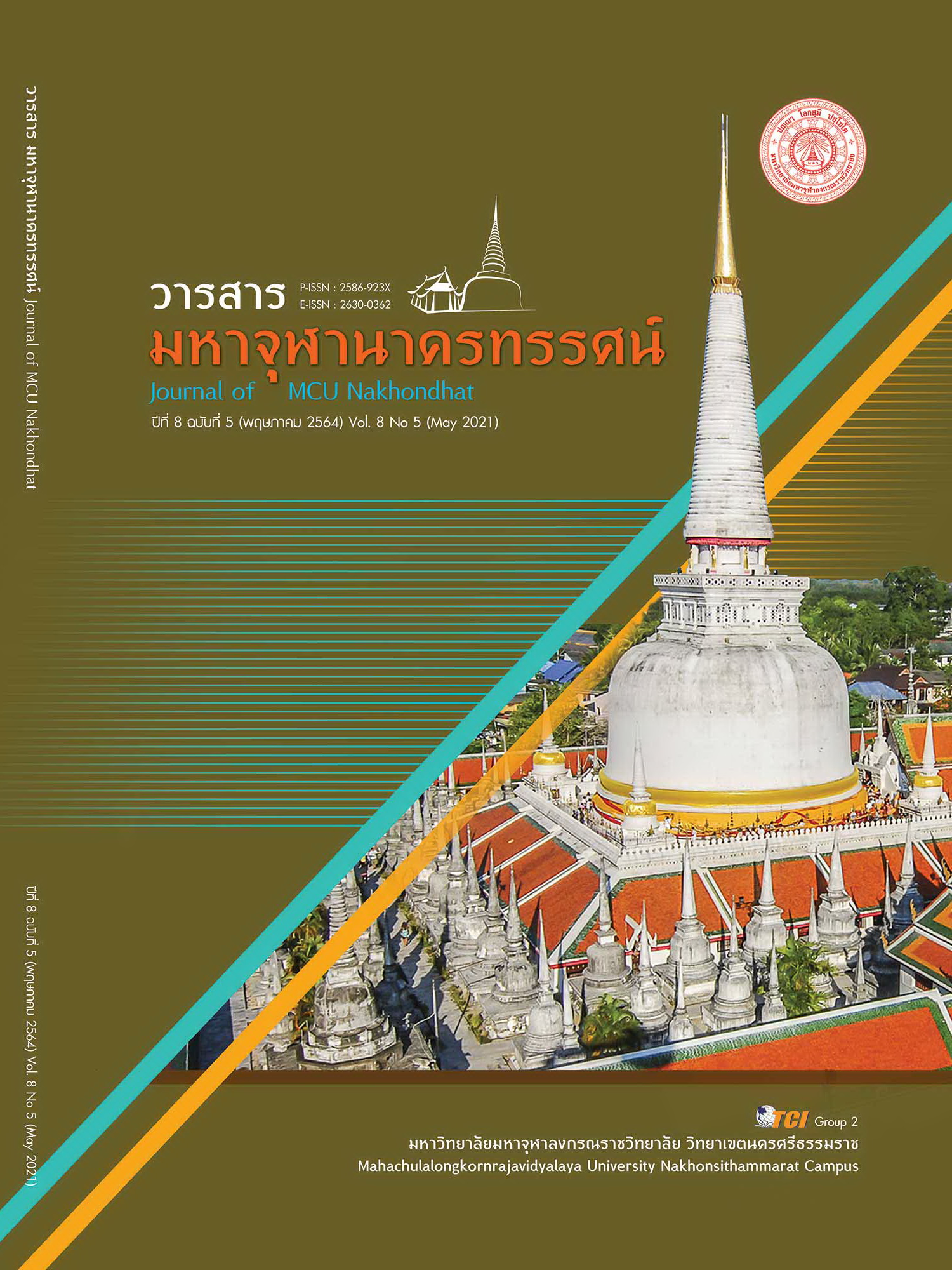REGIME DECENTRALIZATION
Main Article Content
Abstract
Decentralization is a political and administrative, it is the main goal of the state to centralize the local autonomy. phenomenon as a dynamic concept in which the central government transfers various forms of powers and mechanisms locally in a form of state government. To reduce the state of centralization and diversification of the provision of public services, as well as to decentralize administrative and decision - making to the local government, a statutory body with its own population area. It promotes the role of the public sector, having the power to make decisions based on the independence of decision - making and the local administration in self - government to raise political awareness Citizenship and political participation of the people in the spirit of democratic governance. By adhering to the principle of decentralization and in accordance with democratic principles in which people participate under the principle of self - government in both economic development Local society and politics. However, decentralization within modern national states is essential to addressing the dimensional constraints arising from centralization. Characteristics of a large bureaucratic organization Inability to propel development and public services to respond quickly and efficiently to the needs and expectations of the people of the country. Until the need for political power distribution Governance is in the hands of an out - of - center organization or institution. On the basis of needs, needs and local problems to strengthen localities through decentralized government decentralization poses advantages and disadvantages.
Article Details
References
ตระกูล มีชัย. (2537). การกระจายอำนาจ. กรุงเทพมหานคร: สุขุมและบุตร.
ธเนศวร์ เจริญเมือง. (2548). 100 ปีการปกครองท้องถิ่นไทย พ.ศ. 2440 - 2540. (พิมพ์ครั้งที่ 5). กรุงเทพมหานคร: คบไฟ.
ปธาน สุวรรณมงคล. (2554). การปกครองท้องถิ่นไทย. จังหวัดนนทบุรี: มหาวิทยาลัยสุโขทัยธรรมาธิราช.
พิเชษฐ์ วงศ์เกียรติ์ขจร. (2552). แนวคิดยุทธศาสตร์การบริหารการพัฒนาองค์กรปกครองส่วนท้องถิ่นในยุคโลกาภิวัฒน์. กรุงเทพมหานคร: ปัญญาชน.
ลิขิต ธีระเวคิน. (2535). การเมืองการปกครอง 3. กรุงเทพมหานคร: วี เจ การพิมพ์.
วีระศักดิ์ เครือเทพ และคณะ. (2561). 15 ปี การกระจายอำนาจของไทย. กรุงเทพมหานคร: สำนักพิมพ์แห่งจุฬาลงกรณ์มหาวิทยาลัย.
วุฒิสาร ตันไชย. (2557). การกระจายอำนาจและประชาธิปไตยในประเทศไทย. กรุงเทพมหานคร: สถาบันพระปกเกล้า.
สมคิด เลิศไพฑูรย์. (2547). รวมบทความกฎหมายการปกครองส่วนท้องถิ่น. กรุงเทพมหานคร: นิติธรรม.
สมบัติ ธำรงธัญวงศ์. (2542). การเมืองแนวความคิดและการพัฒนา. กรุงเทพมหานคร: ปัญญาชน.
สุนทรชัย ชอบยศ. (2561). การเมืองการปกครองท้องถิ่น. จังหวัดขอนแก่น: นานาวิทยา.
Allen, H. J. B. (1990). Cultivating the Grassroots: Why Local Government Does Matter. Bombay: IULA.
Anwer, S. (2006). The Reform of Intergovernmental Fiscal Relations in Developing Countries and Emerging Market Economies. In Policy and Research Series, NO. 23. Washington, D. C.: World Bank.
Brian, C. S. (1985). Decentralization. London: Georg all en & Unwin (Publisshers) lte.
Dennis, R. (1999). What is Decentralization. In Decentralization Briefing Note. World Bank Institute Working Paper.
Mannor, J. (1999). The Political Economy of Democratic Decentralization Washington, D. C.: World Bank.
Rondinelli, D. A. & McCullough, J. S. (1989). Analysing Decentralization Policies in Developing Countries: a Political-Economy Framework. Retrieved December 12, 2020, from https://doi.org/10.1111/j.1467-7660.1989.tb00340.x


